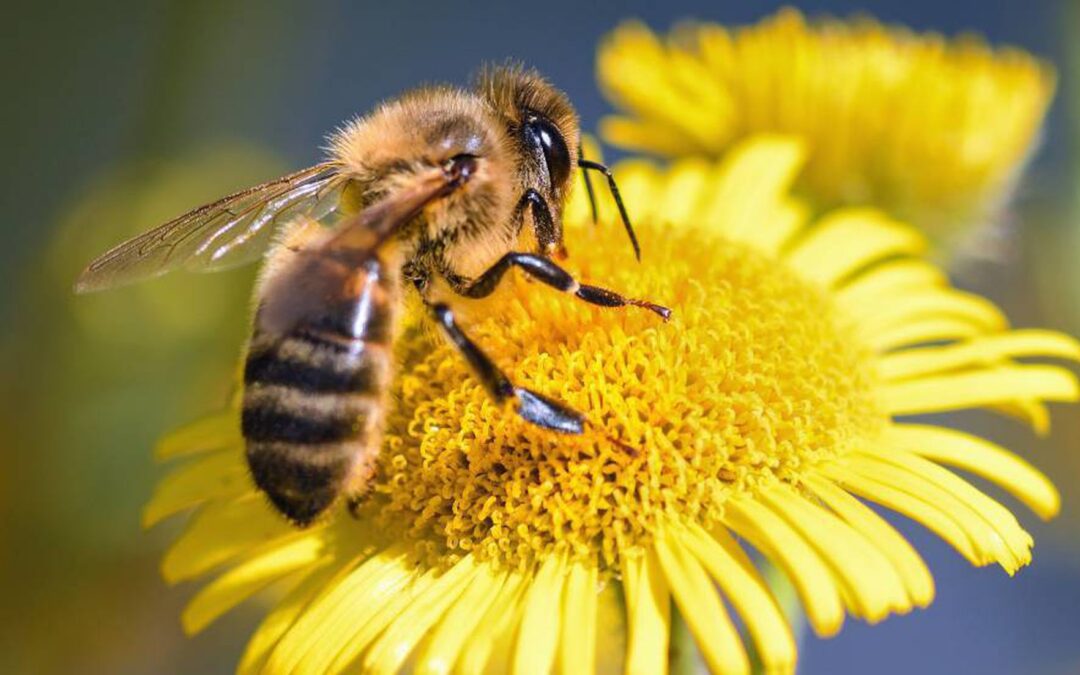When you think of bees, what is the first thing that comes to mind? Surely you will say -honey-. That’s right, bees provide us with this rich and nutritious food, however, their function goes much further. Thanks to bees, which feed and transport pollen from flower to flower, thousands of plants can reproduce, survive, and produce the food that humans consume every day.
The greatest contribution of bees is the pollination of almost three quarters of the plants that produce 90% of the world’s food. A third of the world’s food production depends on bees. Isn’t this amazing?
The problem is that almost half of these pollinating insects are threatened, according to a study published in the Proceedings of the National Academy of Sciences. Therefore, the extinction of bees would also endanger global food security.
According to the Food and Agriculture Organization of the United Nations, FAO, the various pollinating species such as birds, bees, and bats, have an influence of 35 percent on agricultural production worldwide. The world’s crops that produce fruit or seeds depend on the pollination work of bees.
We can say then that protecting bees is protecting the entire planet, since various studies indicate that bees, in all their diversity of species, are the most important animals on the planet due to their relevance for the regeneration of plants and entire ecosystems.
I am very excited, that in the region, AgroAmerica is the first company from the food and agro-industrial sector to implement actions to protect bees and other pollinators, to promote their conservation and, at the same time, promote the natural regeneration of biological pathways.
In alliance with BeeHub, an organization specialized in the protection and conservation of bees, we started a pilot project in the ingredients processing plant, in Escuintla, Guatemala. The project consists of the creation of macro-sanctuaries for the protection and conservation of all the region’s native bee species and other pollinators such as butterflies and hummingbirds. The sanctuaries are places of special protection that promote the regeneration and conservation of bees. They are built in areas surrounded by gardens with flowering plants, prioritizing the biodiversity of native flora, landscape improvement, protection of water sources and the installation of special structures that favor the nesting of native species, to help the healthy development of these essential pollinators. The project will also promote environmental education and community participation.
Today, on Earth Day, I did not want to miss the opportunity to raise awareness about the importance of these special pollinators and their conservation. Many people often set fire to bees and their hives or improperly remove them from their combs.
For more information about our project, visit https://agroamerica.com/en/latest-news/
